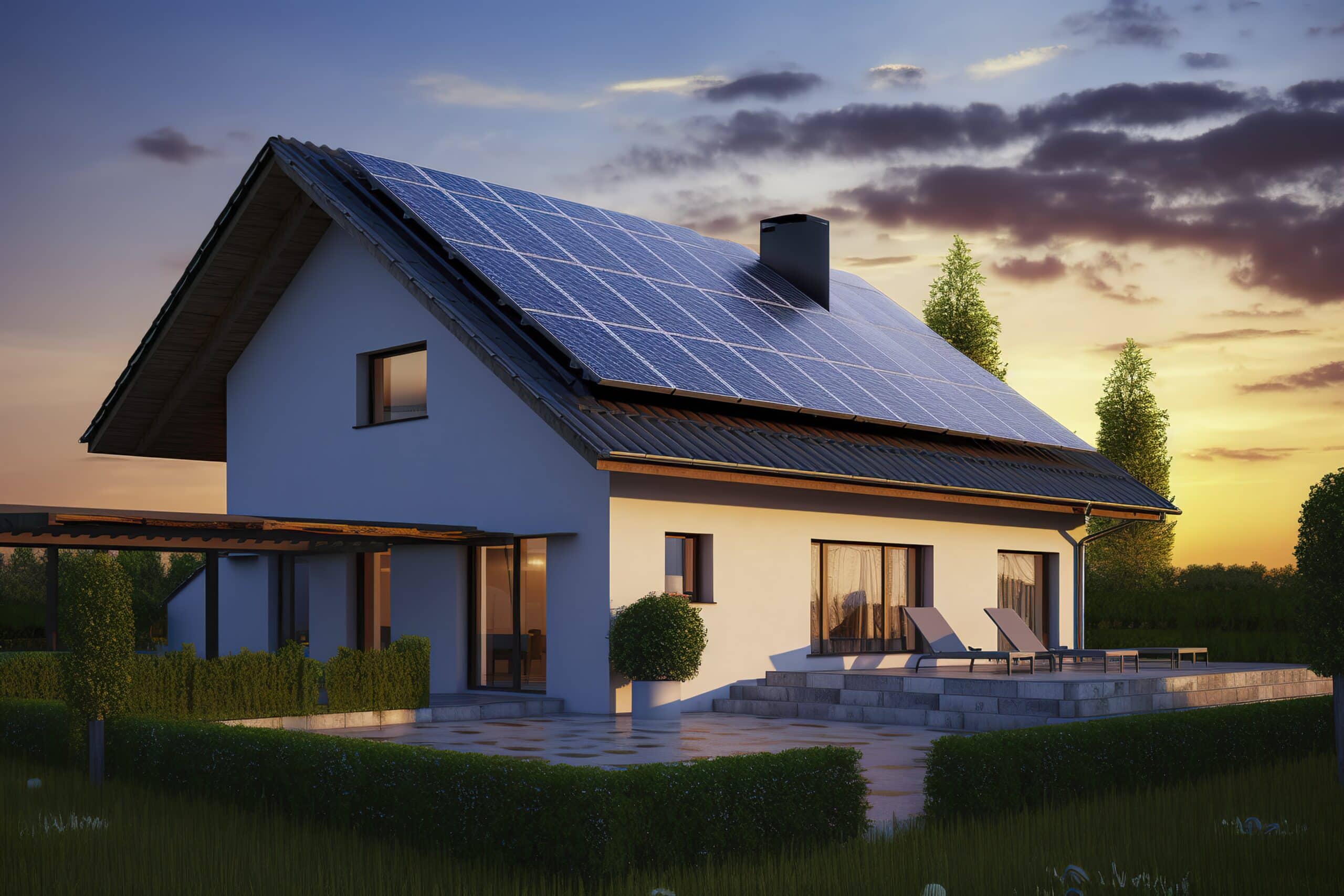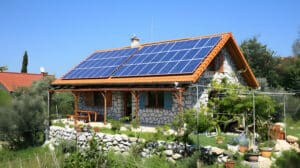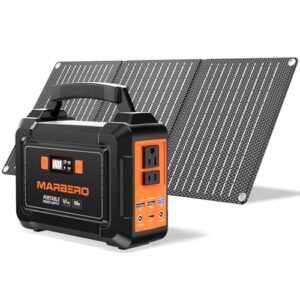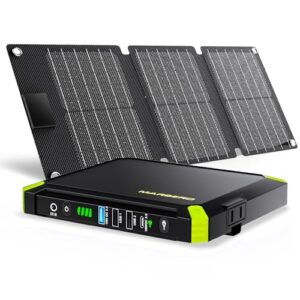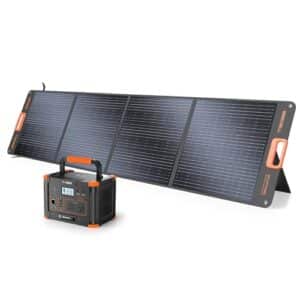Minimum Solar Generator Size for a House?
Key Takeaways
When it comes to powering our homes with clean energy, solar generators have become increasingly popular. These portable devices harness the power of the sun to provide electricity, making them a great choice for both outdoor activities and emergency backup power. But what is the minimum solar generator size needed to run a whole house? Let’s delve into this question and explore the factors that need to be considered.
Calculating the Solar Generator Size
There are several methods to calculate the appropriate solar generator size for a house, depending on the specific requirements and circumstances. While the sources do not provide specific examples or calculations for residential properties, they offer general guidelines that can help us estimate the minimum solar generator size needed.
According to Ecoflow, a minimum solar generator size of around 2000 watts is typically required to power a whole house. However, it is important to note that this is a general estimation and can vary depending on individual energy needs.
The website Best Generator Solar provides a comprehensive step-by-step guide to calculate the appropriate solar generator size for a residential property. This method involves determining the average daily watt-hours required to power all essential appliances in your home. By calculating the power rating (in watts) of each appliance and the number of hours you will be using them per day, you can estimate the total average daily power consumption. This information can then be used to determine the inverter size, battery capacity, and solar panel setup required for your specific needs.
Similarly, GEG Calculators suggests that a rough estimate for a small off-grid system is around 1-2 kWh per day, while larger systems for a home may require 10-30 kWh per day. This estimation takes into account factors such as daily energy consumption, location, sun exposure, and battery capacity.
Factors to Consider
Calculating the minimum solar generator size for a house involves considering various factors that can influence energy consumption and storage requirements. Some of these factors include:
- Appliances: Make a list of all the appliances and devices you need to power during a blackout or off-grid situation. Consider their power rating (in watts) and the number of hours you plan to use them per day.
- Energy Consumption: Calculate the average daily watt-hours by multiplying the power rating of each device by the number of hours you plan to use them. Sum up the average daily watt-hours to determine the total average daily power consumption.
- Energy Storage: Reduce your average daily energy consumption by at least 30% to account for lower energy use during emergencies. This will help estimate the total energy storage (Wh/day) needed for your backup solar power generator.
- Peak Power Rating: Determine the peak power rating (in watts) based on the appliances with the highest power requirements. This will help determine the maximum power output needed from your solar generator.
- Inverter Size and Battery Capacity: Consider the inverter size and battery capacity requirements based on the maximum wattage required and the estimated watt-hours used. These components play a crucial role in ensuring efficient power conversion and storage.
- Solar Panel Setup: Evaluate whether the solar generator can recharge while being used (pass-through charging) and calculate the solar panel setup needed to offset battery life lost from powering appliances.
Conclusion
Determining the minimum solar generator size for a house involves careful consideration of factors such as daily energy consumption, location, sun exposure, and battery capacity. While the sources provide general guidelines, it is important to perform personalized calculations based on your specific energy needs.
By following the steps outlined by Best Generator Solar and considering the factors mentioned above, you can estimate the appropriate solar generator size for your home. Remember that it is always better to have a slightly larger solar generator than one that is too small, as it ensures you have enough power to meet your needs.
Related Websites:
FAQs:
Q: What is a solar generator?
A solar generator is a device that converts sunlight into electricity using solar panels and stores it in a battery for later use. It provides a clean and renewable source of power for various household needs.
Q: What are the benefits of using solar power for households?
Using solar power for households offers several benefits. It helps reduce electricity bills, lowers carbon footprint, provides backup power during outages, and promotes energy independence. Solar power is also a sustainable and environmentally friendly solution.
Q: How can I calculate the energy needs of my household?
To calculate the energy needs of your household, you can start by listing all the appliances you use and their power ratings. Multiply the power rating by the number of hours you use each appliance per day, then sum up the total energy consumption. This will give you an estimate of your energy needs.
Q: How does solar panel efficiency affect the size of a solar generator?
Solar panel efficiency plays a crucial role in determining the size of a solar generator. Higher efficiency panels can generate more electricity with a smaller footprint, allowing you to achieve the same power output with fewer panels. This can help optimize the size and cost of your solar generator.
Q: How do I evaluate the solar potential of my location?
Evaluating the solar potential of your location involves considering factors such as the amount of sunlight received, any shading from nearby objects or buildings, and the orientation of your solar panels. Tools like solar irradiance maps can help assess the solar potential and determine the size of the solar generator needed for your house.

